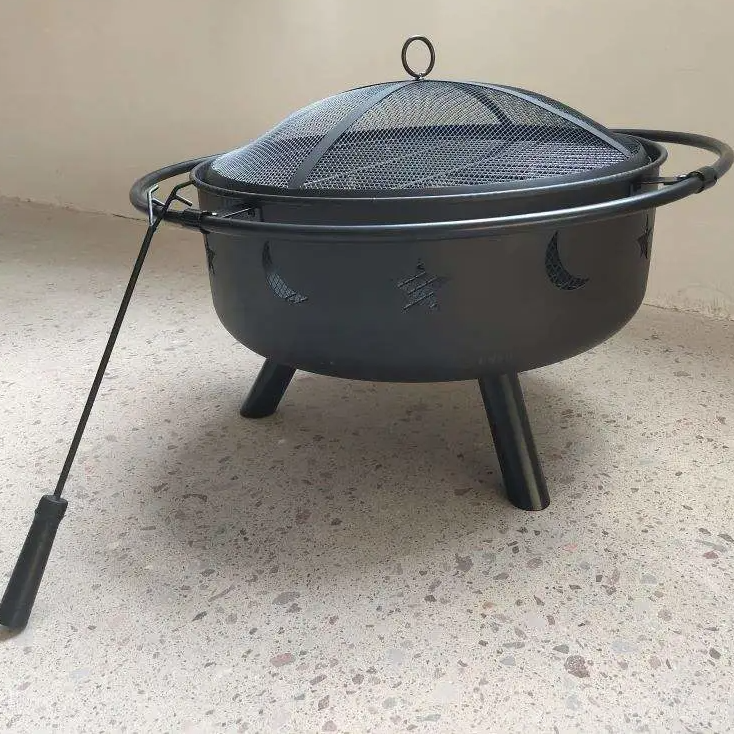Quality Control and Safety in BBQ Grill Production

From the perspective of BBQ grill manufacturers, creating outdoor cooking equipment involves a combination of design innovation, material selection, and attention to user needs. Manufacturers aim to produce grills that are reliable, functional, and suited to a variety of cooking styles and environments.
One of the primary concerns for manufacturers is choosing appropriate materials. Grills are often exposed to heat, weather, and frequent use, so materials such as stainless steel, cast iron, and aluminum are commonly used for their resistance to rust and durability. Manufacturers carefully consider how these materials affect heat distribution, weight, and maintenance requirements, balancing performance with cost efficiency.
The design process is also a critical phase. Manufacturers focus on features that make grills easy to operate and maintain. This may include adjustable temperature controls, removable grates, and ash collection systems. Ventilation and airflow management are other important factors, as they influence cooking consistency and fuel efficiency. Models may vary from simple charcoal grills to more complex gas or electric versions, each requiring distinct engineering approaches.
Manufacturers also consider the size and portability of grills. While some users prefer larger grills with extensive cooking surfaces for gatherings or commercial use, others seek compact, lightweight models suitable for travel or smaller outdoor spaces. Modular designs that allow for customization or expansion are becoming more common, allowing users to adapt grills according to their needs.
Another aspect manufacturers address is compliance with safety and regulatory standards. BBQ grills must meet certain requirements related to emissions, fuel safety, and structural stability. This involves rigorous testing during production to ensure that grills perform safely under typical usage conditions. Packaging and instructions are also designed to promote safe setup and operation.
Quality control throughout the manufacturing process helps to maintain consistency and reduce defects. Inspections may be performed at various stages, from raw material sourcing to final assembly. By monitoring production closely, manufacturers can improve product reliability and customer satisfaction.
Environmental considerations are gaining importance as well. Some manufacturers explore ways to reduce the environmental impact of grills by improving fuel efficiency or using recyclable materials. Offering parts that can be replaced or repaired extends product life and reduces waste.
Lastly, manufacturers often work closely with suppliers and distributors to ensure that grills reach customers efficiently. This collaboration helps adapt products to different markets and consumer preferences, as well as providing support for aftermarket services such as spare parts or accessories.
In summary, BBQ grill manufacturers focus on materials, design, safety, and environmental factors to create products that meet diverse user needs. Through careful planning and ongoing improvement, manufacturers contribute to the functionality and enjoyment of outdoor cooking experiences.
- Art
- Causes
- Crafts
- Dance
- Drinks
- Film
- Fitness
- Food
- الألعاب
- Gardening
- Health
- الرئيسية
- Literature
- Music
- Networking
- أخرى
- Party
- Religion
- Shopping
- Sports
- Theater
- Wellness


